Introduction to Focal Decor Lighting
Lighting plays a crucial role in our daily lives, affecting everything from our mood to our productivity levels. Focal decor lighting is a design trend that emphasizes specific areas of a room, enhancing both aesthetics and functionality. Having experimented with various lighting styles in my own home, I’ve found that the right focal lighting can breathe life into any space. In this article, I’ll delve into what focal decor lighting is, its benefits, and tips on selecting the perfect fixtures for your environment.
What is Focal Decor Lighting?
Focal decor lighting, often referred to as accent lighting, directs attention to particular features or areas within a room. This can include artwork, architectural elements, or simply an area where you want to create an inviting atmosphere.
The Importance of Focal Decor Lighting
Proper lighting can enhance the functionality of a space, set the mood, and highlight design elements. Here are some key reasons why it matters:
- Enhances Ambiance: Creates a comfortable and inviting atmosphere.
- Highlights Features: Draws attention to art, plants, or design details.
- Functional Uses: Provides targeted lighting for reading, cooking, or working.
Types of Focal Decor Lighting
When it comes to focal decor lighting, there are several types to consider. Each type has its unique advantages, and understanding these can help you make the right choices for your home or office.
1. Spotlights
Spotlights are versatile lighting fixtures that can be directed at specific objects or areas.
- Pros: Adjustable, focused light.
- Cons: Can create harsh shadows if not positioned correctly.
2. Track Lighting
Track lighting consists of multiple light fixtures attached to a track that can be positioned as needed.
- Pros: Highly customizable, ideal for large areas.
- Cons: Installation can be complicated.
3. Wall Sconces
Wall sconces offer practical and decorative lighting, often used to highlight artworks or architectural features.
- Pros: Space-saving, adds character.
- Cons: Limited to wall placement.
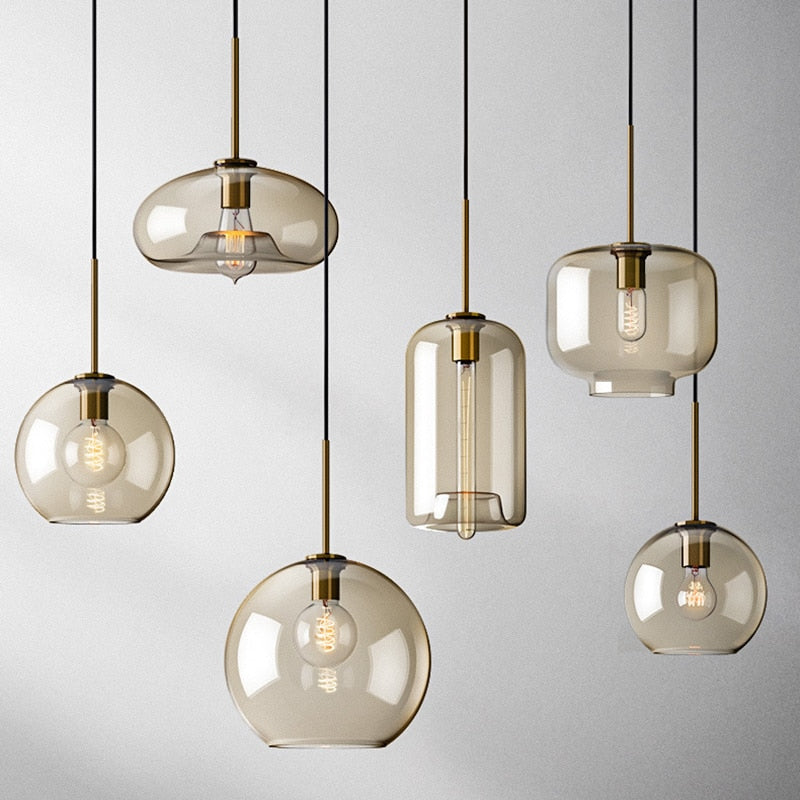
4. Pendant Lights
Pendant lights offer both task and ambient lighting and are excellent for dining areas.
- Pros: Stylish, varied designs.
- Cons: Height adjustments can be tricky.
5. Floodlights
Floodlights are typically used for outdoor areas but can also be used indoors to illuminate larger spaces.
- Pros: Powerful illumination.
- Cons: Can be overpowering in small spaces.
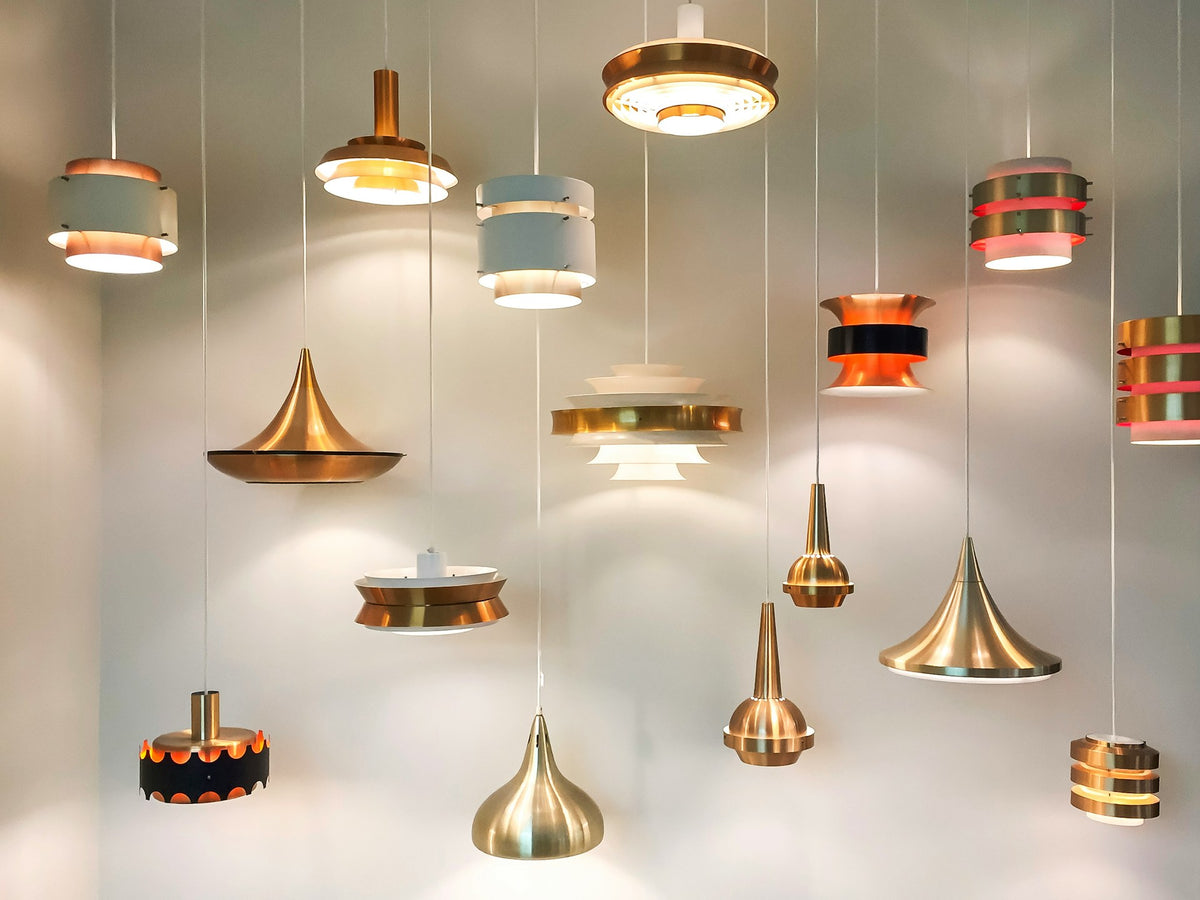
Benefits of Focal Decor Lighting
Investing in focal decor lighting can transform your space in various ways:
- Visual Appeal: Adds depth and interest to any room.
- Improved Mood: Soft, warm light can make a space feel more welcoming.
- Increased Property Value: Well-lit spaces are more attractive to potential buyers.
How to Choose Focal Decor Lighting
Selecting the right focal decor lighting involves several key considerations:
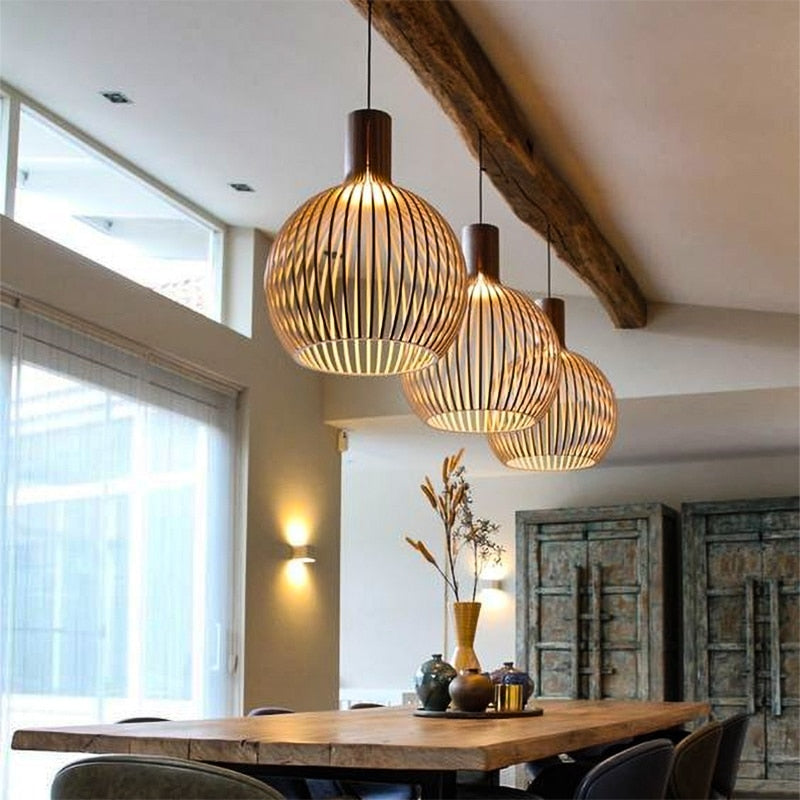
1. Assess Your Space
Consider the size and layout of your room. Larger spaces may require multiple lighting sources, while smaller areas may only need one or two focal points.
2. Define Your Purpose
Are you looking for ambiance, functionality, or both? Understanding how you want to use the space will guide your lighting choices.
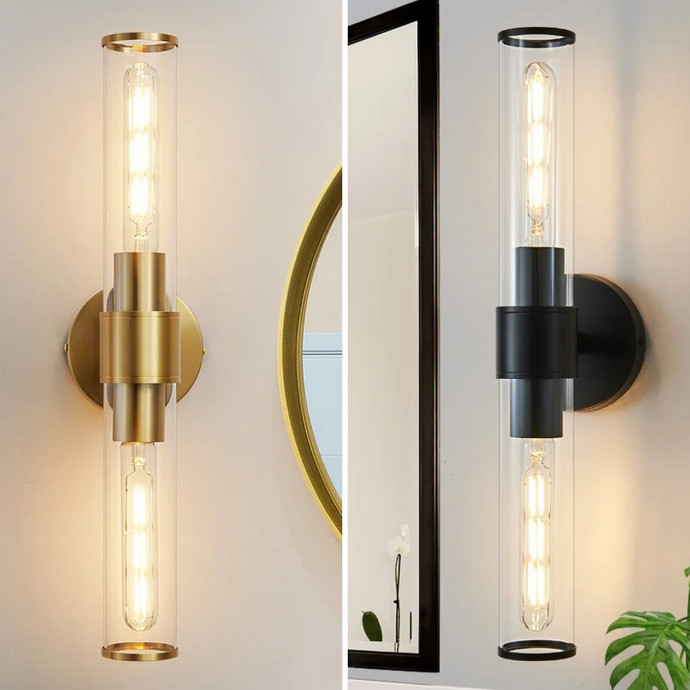
3. Consider Style
Your lighting should complement your overall decor. From modern to traditional, there are countless styles available.
4. Opt for Energy Efficiency
Choosing LED lights can save on energy costs while providing excellent illumination.
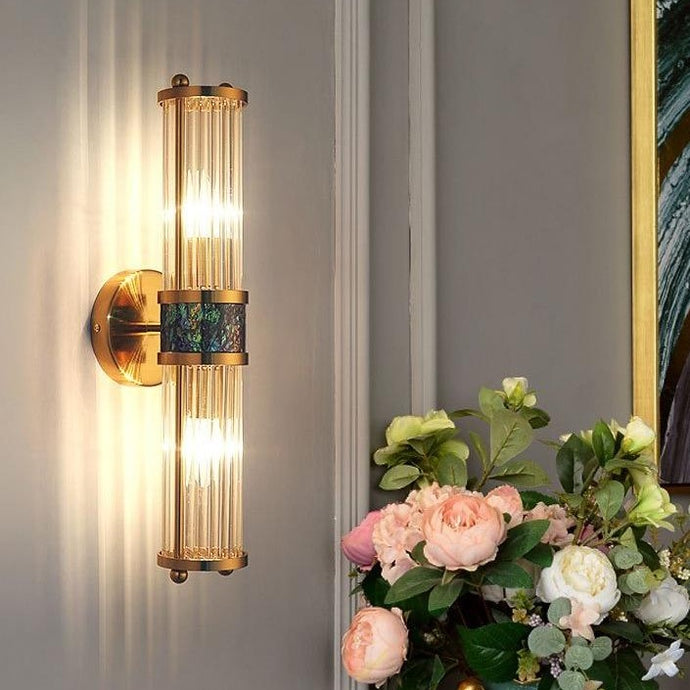
5. Experiment with Placement
Before committing, try different placements to see what works best.
Comparison of Focal Lighting Options
| Type | Light Quality | Application | Price Range |
|---|---|---|---|
| Spotlights | Focused | Artwork, plants | $20 – $200 |
| Track Lighting | Adjustable | Flexibility in large areas | $50 – $500 |
| Wall Sconces | Ambient | Hallways, living rooms | $30 – $300 |
| Pendant Lights | Task & ambient | Dining areas, kitchens | $40 – $400 |
| Floodlights | Powerful | Outdoor/large interiors | $50 – $300 |

Common Mistakes in Focal Decor Lighting
While selecting focal decor lighting can seem straightforward, there are common pitfalls to avoid:
- Overlighting: Too many light sources can create a harsh environment.
- Ignoring Scale: Fixtures that are too large or too small can throw off the balance of a room.
- Neglecting Dimmers: Forgetting to install dimmers can limit the versatility of your lighting.
Personal Experience: Finding the Right Focal Decor Lighting
When I first moved into my apartment, I struggled to find the perfect combination of lighting. The living room felt dull and uninviting, despite my best efforts. After experimenting with various sources, I opted for a combination of wall sconces and pendant lights. The result? A cozy space that highlighted my favorite artwork while offering functional beauty. That experience taught me the tremendous impact that well-planned focal decor lighting can have on a home.
FAQs About Focal Decor Lighting
What is the difference between ambient and focal lighting?
Ambient lighting provides overall illumination for a space, while focal lighting highlights specific areas or objects.
How can I make my focal decor lighting more energy efficient?
Opt for LED bulbs, which consume less power and have a longer lifespan compared to traditional bulbs.
Can I install focal decor lighting myself?
Many focal lighting options can be installed by homeowners, but more complex fixtures like track lighting may require professional help.
What are some popular styles for focal decor lighting?
Popular styles include industrial, modern, rustic, and vintage, all of which can create different atmospheres.
How do I know how much light I need for my space?
A general rule of thumb is about 20 lumens per square foot, but this can vary based on the function of the room.